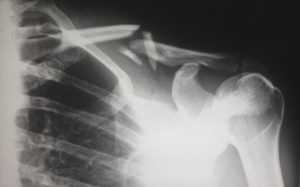If you are convicted of DUI in Vermont the consequences of a conviction may vary based on whether you have ever been convicted of DUI in the past (in any state), whether or not you have a commercial driver’s license (CDL), whether or not you refused an evidentiary test, and if there was an accident or injury to another person or another person’s property.
Some consequences of a DUI conviction in Vermont are universal. These include a loss of license or privilege to operate a motor vehicle, reduced ability or inability to travel to Canada, fees, and a criminal conviction on your record.
If you are convicted of a first offense DUI in Vermont not involving a refusal of an evidentiary breath test, then you can expect to lose your license for 90 days. Subsequent and refusal suspensions vary in length. For a more detailed article on suspension timelines please read our blog post.
Whatever the length of your Vermont DUI license suspension certain requirements must be met to reinstate your license. You will need to take a class called the Impaired Driver Rehabilitation Program (IDRP), pay any required fines and fees to the Vermont Superior Court and the Vermont DMV, and obtain and provide SR-22 insurance to the Vermont DMV. The IDRP class can require outside treatment and counseling so it is best to enroll as soon as your suspension begins to provide you the most possible time to complete it. There can also be delays in enrollment if classes are filled, so it is best to enroll for IDRP as soon as you are suspended for DUI. The IDRP process has four components: evaluation, education, treatment, and an exit interview. Each step is outlined below.
The IDRP Process:
- Evaluation: An IDRP Clinical Evaluator will evaluate your program requirements.
- Education: 10 hours of education including lectures, reading materials, videos and small group discussions. This education is the same anywhere in Vermont and can be completed in 2 days or over 4 weeks.
- Treatment: If the Evaluator decides that treatment is required, you must complete the mandatory number of hours with a licensed clinician.
- Exit Interview: The Evaluator may require an exit interview after you complete your requirements.
Canada may restrict or prohibit admission to the country. Inadmissible to Canada is helpful book written by a Canadian attorney that explains restrictions resulting from US criminal convictions and potential remedies available.








